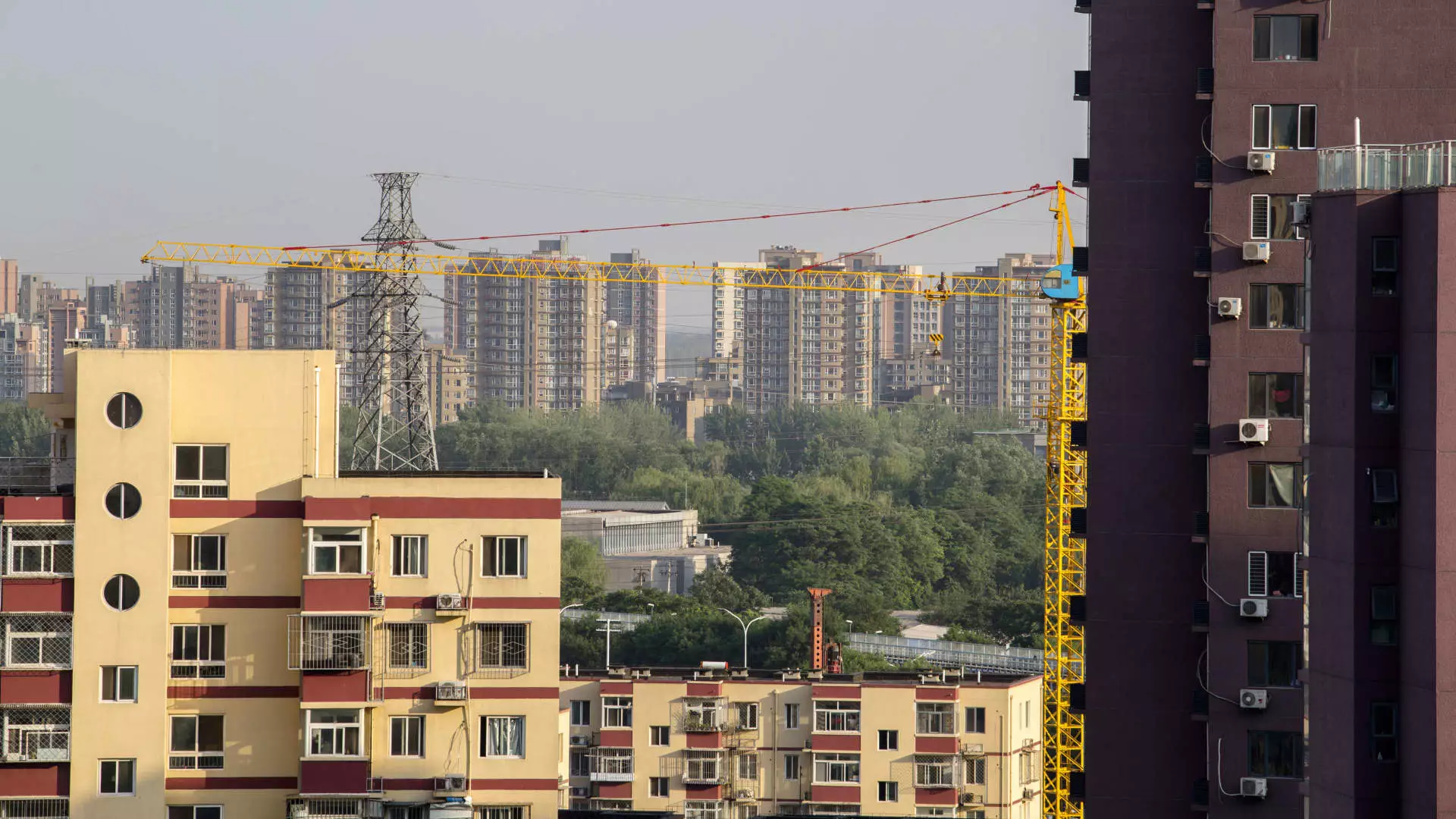The Chinese real estate market has faced unprecedented challenges in recent years, throwing millions of families and property stakeholders into turmoil. However, recent moves by key financial regulators have ignited hopes for a potential rebound. The announcement by People’s Bank of China (PBOC) Governor Pan Gongsheng marks a pivotal shift in policy aimed at rejuvenating this vital sector, which significantly contributes to the country’s economic stability.
During a recent press conference, Governor Pan introduced a series of monetary easing measures designed to alleviate the financial strain on households and invigorate the stagnant property market. Among the most notable actions is the reduction of mortgage interest rates by an average of 0.5 percentage points for existing borrowers. This strategic move acknowledges the financial burden many families have been shouldering since the property sector began to falter.
Additionally, the decision to lower the down-payment requirement for second home purchases from 25% to 15% presents a significant shift in policy. This unification of down payment requirements for first and second homes could lead to a simplification of the home-buying process. The PBOC estimates that this initiative could reduce total household mortgage payments by a substantial 150 billion yuan ($21.25 billion) annually.
Such measures generated an immediate, positive response in the stock market, with the Hang Seng Mainland Properties Index recording a 5% surge shortly after the announcement. Major real estate developers listed on the Hong Kong Stock Exchange, such as China Resources Land and Longfor Group Holdings, experienced significant increases in their share prices, underscoring investor optimism sparked by regulatory support.
Despite the positive market reaction, experts caution against viewing these measures as a panacea for the ongoing crisis in the real estate sector. Historical data reveals that previous interventions have not significantly rejuvenated property investments, which plummeted by more than 10% in the initial months of the year compared to the previous year. This raises questions about the overall effectiveness of the recent policy changes.
Analysts, including William Wu from Daiwa Capital Markets, have voiced skepticism about these easing measures, emphasizing that reducing rates on existing loans may not stimulate demand for new housing projects. Instead, they could inadvertently hinder the central bank’s ability to lower loan prime rates in the future. Hence, while certain families may benefit from reduced mortgage costs, this approach may not translate to increased activity in the new home market.
The consensus among economists is that comprehensive support measures are urgently necessary to stabilize and revive the housing market. Bruce Pang, JLL’s chief economist for Greater China, pointed out that a multi-faceted approach is required to resonate effectively with both homebuyers and developers. He calls for “effective and efficient support to developers” to resume property investments and construction activities.
Moreover, whispers of a potential plan allowing homeowners to renegotiate mortgage terms or refinance with different banks could further illustrate the willingness of authorities to engage with an evolving economic landscape. Such changes, anticipated before the beginning of the next year, may provide much-needed flexibility for homeowners grappling with financial strain.
The Chinese property market remains at a crossroads, with significant uncertainty lingering in the air. While recent policy measures suggest a commitment by Chinese authorities to bolster the economy, the success of these initiatives in achieving a sustainable recovery remains to be seen. Encouragingly, both the government and monetary regulators appear to be actively addressing the challenges at hand.
As the situation evolves, it will be crucial for stakeholders, from homeowners to policymakers, to closely monitor the impacts of these changes on market dynamics. Only through sustained and adaptable economic policies can real estate in China hope to reclaim its status as a pillar of national economic strength. The journey may be fraught with challenges, but with concerted efforts and appropriate support structures, a pathway to recovery could be forged.

